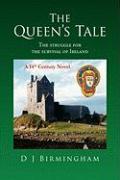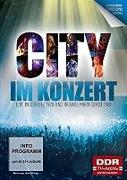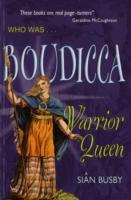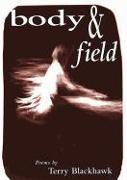- Start
- The Queen's Tale
The Queen's Tale
Angebote / Angebote:
The struggle for the survival of Ireland in the 14th Century" An Irish monk scribes the tale of an ancient Irish Queen whose tormented soul is imprisoned in a second century Gaelic brooch, The Golden Harp. The demonic destruction spread by the evil queen's spirit will lead to the death of one of every three individuals in Ireland in the early 14th Century. The Queen's Tale chronicles the journey of the brooch as it travels from Ireland into England, then to Scotland, and back again into Ireland, leaving a trail of death and destruction. Two individuals vie for the right to possess the brooch believing it to be a sacred relic of St. Patrick's that will protect the one who wears it from all danger. John de Bermingham, the second son of an Irish baron, is first to wear the brooch. He is obsessed with winning an earldom and becoming the English king's justiciar of Ireland. Despite being betrothed to one of the earl of Ulster's daughters, he rescues and falls in love with an Irish princess, deemed unsuitable. Three times he will regain possession of the brooch. Only a sacred rosary given to him by a mysterious Italian Franciscan friar protects his life. Unknown to John, he can defeat the ancient evil in the brooch if he is able to pass four preordained tests in his journey of life. The first is a test of devotion, where he bestows the brooch to an unattainable love. The second is a test of obedience, where he must give up the brooch to a weak king. For the third test he must decline to become a king. In the fourth and final test, he of Anglo-Norman heritage must become more Irish than the native Irish, and unselfishly give up his life for the undeserving king. The second to control possession of the brooch is Edward II, King of England. He is weak and easily manipulated by false friends, seeking only wealth and power. He would rather thatch and dig ditches than be king. Married to Isabella of France, he prefers the couch of his male lovers to her. He gives the brooch to three of his favorites, who die violently. He leads England into civil war and the loss of Scotland. Only after being imprisoned, by his queen and her lover, and forced to abdicate, does he grasp and repent his folly. After defeating the English at the battle of Bannockburn, the Scottish King, Edward the Bruce, gives permission to his younger brother, Edward, to invade and conquer Ireland. Edward Bruce leads his army of seasoned Scots into Ireland wearing the Golden Harp Brooch. He had taken it from the slain body of Edward II's favorite nephew at Bannockburn. After three years of Bruce's terror and defeat of defending armies, John de Bermingham steps forward to lead the Anglo-Norman militias of Ireland into the final battle against the never defeated Bruce, whom the native Irish had crowned "High King of all Ireland". The historical novel is based on actual historical events and individuals Only the motivations and inner feelings of the main characters are based on the author's imagination. Of the twenty-four characters in the novel, only four are fictional.The opening sequence of the novel starts with a monologue given by the novel's narrator, an Irish Dominican monk from Athenry, County Galway.Grey Friars Church, London - 1528 A.D.An Irish Monk speaks..."Have I gone mad? For the past two days I, Seamus Cassidy, a lowly Dominican priest, have been conversing non-stop in Gaelic with the devil. I am upset and fearful as to why this evil spirit from the depths of hell has chosen to disclose to me an incredible tale which reveals some of the darkest secrets of the fourteenth century. Was the King of England brutally murdered in 1327? Or did the much maligned Edward II escape his intended murders, flee into Ireland, and then later live hidden for the rest of his natural life in Italy? I now possess all the knowledge I need to know to lay this shocking scandal to
Folgt in ca. 15 Arbeitstagen



